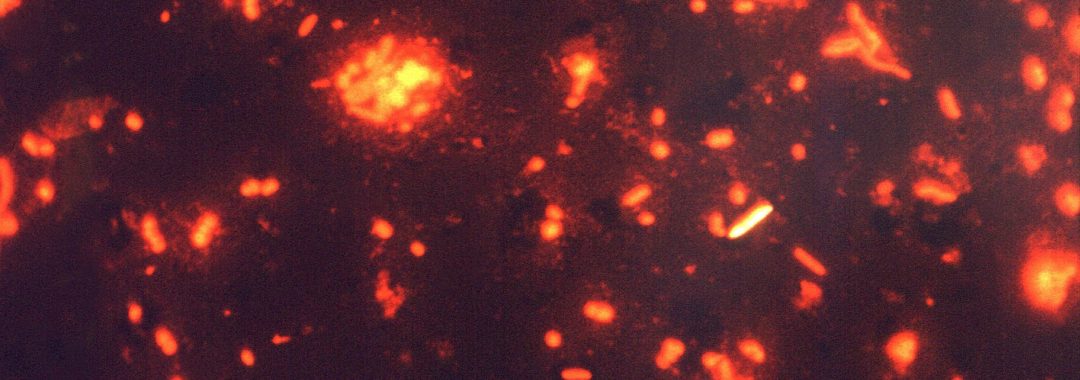By analyzing sequencing kinetics of clinical isolates from SMRT-sequencing, we were able to de novo assemble the full genomes and DNA methylomes of clinical isolates spanning seven major MTBC lineages, isolated from several continents. Comparing sequences of de novo assemblies, rather than reference-based variant calling revealed an IS6110 element inserted into and inactivating a methyltransferase that was missed by prior analysis of the same isolate with short reads.
We extend recent methods of DNA methylation heterogeneity analysis and describe “Intercellular mosaic methylation”, a form of prokaryotic DNA methylation heterogeneity distinct from established forms. Though rare overall, intercellular mosaic methylation is nearly ubiquitous in isolates of the globally successful Beijing sublineage suggesting that IMM may confer an adaptive advantage to the Beijing strains.
Integrative analysis revealed widespread promoter methylation in M. tuberculosis, upstream of numerous clinically important genes and operons, and evidence for DNA methylation directly influencing promoter strength. Comparative methylomic analysis distilled 351 hypervariable sites across M. tuberculosis clinical strains, which we propose as potential sites of epigenomic-driven phenotypic variation. This dataset and our findings can provide the basis for future work delineating the roles of DNA adenine methylation in M. tuberculosis physiology and adaptive evolution by the greater research community.
